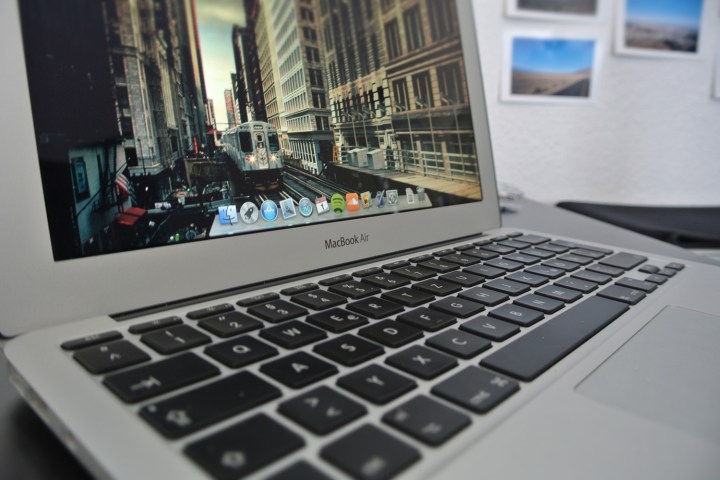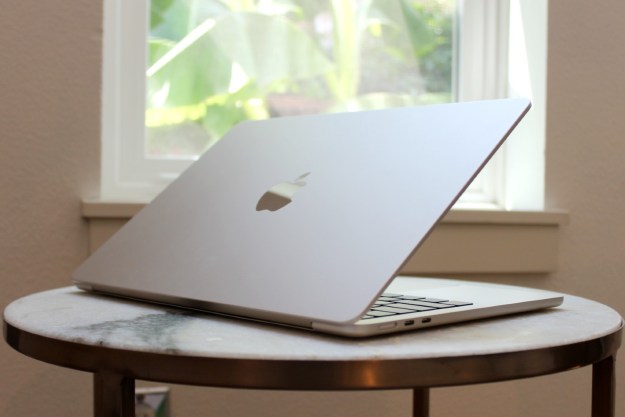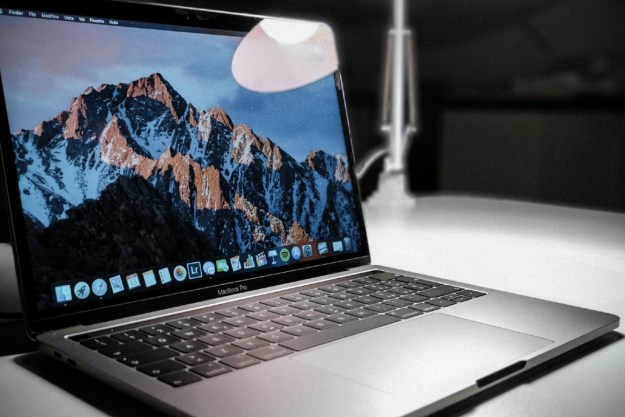
According to research firm TrendForce, Apple moved into fourth place for notebook makers in 2015, up from sixth in 2014. HP, Lenovo, and Dell still hold the top three spots. However these changes come with a caveat as the global shipments of notebooks in 2015 were 164.4 million, a decline of 6.3 percent.

These figures fit into a general trend. A report from Gartner published in January showed that there was an 8.3 percent decline in PC shipments in the final quarter of 2015.
The margin between HP and Lenovo is pretty tight, both teetering around the 20 percent mark, said TrendForce and the two will continue to duke it out for the rest of the year.
HP’s No. 1 spot is credited with relatively strong demand for its notebooks in the U.S. while Lenovo has deepened its presence in a typically weak European market.
The newest MacBook has helped Apple rise to a new height in the chart, said analyst Anita Wang. Now the Cupertino company is in fourth place and will be facing competition from Asus and Acer, the two companies it pipped at the post this time around, while Dell hovers just ahead in third place by around 3 percent.
“Dell will likely retain third place in the notebook shipment ranking for this year,” said Wang. “As for Asus, Apple, and Acer, their struggle for the fourth, fifth and sixth positions in the 2016 ranking will be fierce since they have similar market shares of just around 10 percent.”
Apple’s newfound market share may be short lived. TrendForce provided estimates for 2016 and believes that Asus will move back into fourth place this year. HP and Lenovo are expected to remain the top two with overall global shipments once again predicted to fall.
Editors' Recommendations
- This Lenovo external graphics solution does what other eGPUs can’t
- Apple’s M3 Max appears to keep up with Intel’s top desktop CPU
- No, Apple won’t launch a $99 MacBook for this simple reason
- HP Dragonfly Pro vs. Apple MacBook Pro 14: a solid alternative?
- Asus ZenBook S 13 Flip vs. HP Spectre x360 13.5: you can’t go wrong


